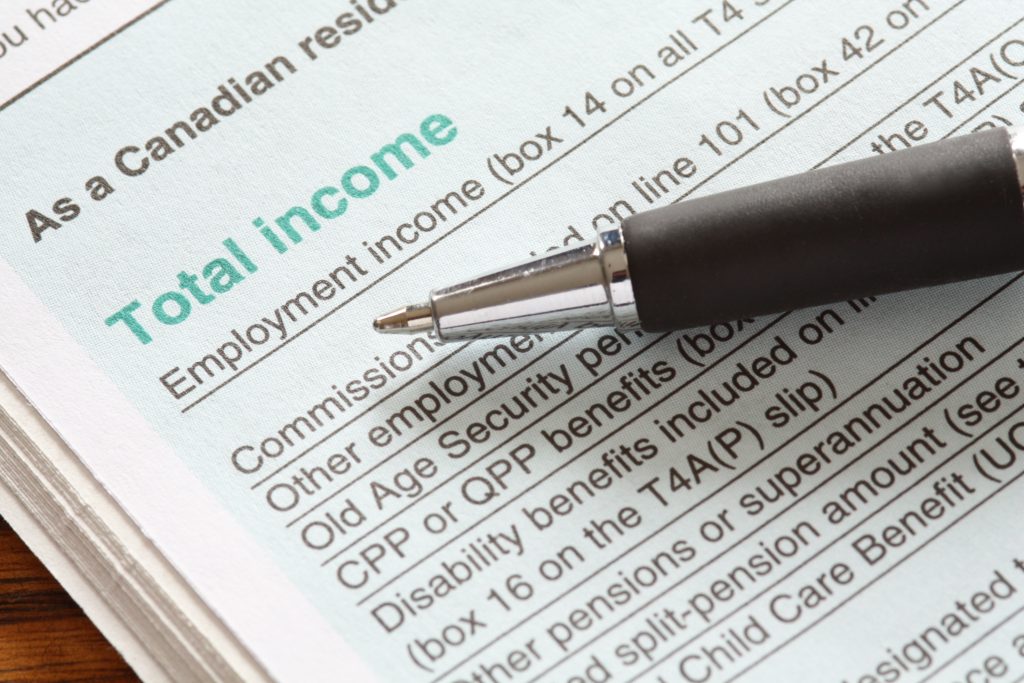By Max Singh
As we start each new year, Canadians must be aware of any new tax and pension rules mandated by the federal Canadian government. For 2024, several significant changes were made to Canadian tax codes for the 2024 tax season. While these will not affect your 2023 tax returns, they may affect your bottom line when filing next year’s (2024) taxes. According to several sources, here are some critical changes that will affect your taxes in 2024.
Higher federal income taxes – Due to rising payroll taxes, Canadian employees will see a minor increase in their federal income taxes. Here is how much more you can expect to pay in federal income taxes next year, based on your income: $30,000 – $9 more tax, $40,000 – $12 more tax. . $50,000 – $15 more tax, $60,000 – $18 more tax, $80,000 or more – $347 more tax. (Source Canadian Taxpayers Federation.)
“For 2024 there are several significant changes made to Canadian tax codes for the 2024 tax season. While these will not affect your 2023 tax returns, they may affect your bottom line when filing next year’s (2024) taxes.”
The CPP pension enhancements

As of January, 1sr 2024, many Canadian earners will start seeing a more significant portion of their paycheques going toward Canada Pension Plan contributions after the federal government added a second earnings ceiling. Like before, the first tier will see workers contribute a portion of their earnings to CPP up to a government-set threshold. For 2024, people earning $68,500 or less will see their current contribution rates remain the same. Anyone with annual earnings above $68,500 now falls into a second contribution level of $73,200. People in this group will pay an additional four percent on the money they make between $68,500 and $73,200, with a maximum additional contribution of $188.
“The easiest way to ensure you are getting all the tax breaks you are owed is to enlist the help of a trusted accountant or tax preparer. However, if you are filing yourself, you can still prepare by researching the major tax credits and using a trusted tax filing system.”
Maximum RRSP contribution: The maximum contribution for 2024 is $31,560.The 2025 limit is $32,490. You have until February 29, 2024, to make your contribution. RRSP contribution is deductible against income, meaning you can save taxes.
TFSA limit: In 2024, the annual contribution limit is $7,000 (Up $500 from 2023.) for a total of $95,000 for someone who has never contributed and has been eligible for the TFSA since its introduction in 2009.

Maximum EI insurable earnings: The maximum annual insurable earnings (federal) for 2024 is $63,200, up from $61,500 in 2023.
Lifetime capital gains exemption: The exemption is $1,016,836 in 2024, up from $971,190 in 2023.
Medical expenses threshold: For the 2024 tax year, the maximum is 3% of net income or $2,759, whichever is less. For 2023, the max is 3% or $2,635.
Basic personal amount: The basic personal amount for 2024 is $15,705 for taxpayers with a net income of $173,205 or less. At income levels above $173,205, the basic personal amount is gradually clawed back until it reaches $14,156 for a net income of $246,752. The basic personal amount for 2023 ranged from $13,520 to $15,000.
Increase Employment Insurance (EI) tax rate – In 2024, employees and employers will be subject to higher EI taxes. Employees will pay $1,049 in EI taxes with a maximum of insurable earnings of $63,200, a $47 increase from the 2023 tax year.
Tax-Free Saving Accounts (TFSA) – The contribution limit for 2024 has been increased to $7,000. If you have never contributed since 2009, the inception of the TFSA plan, and assuming that you qualify to contribute since 2009, you would have a cumulative contribution room of $95,000.
Essential dates for tax filing.

February 29 is the deadline for making RRSP contributions for the 2023 tax year. For employers, T4, T4A, and T5 slips must be submitted by February 29. To avoid penalties, it must be submitted electronically if there are more than five. The deadline to file personal income tax returns is April 30, while self-employed individuals have until June 17.
What is the best way to take advantage of tax breaks?
Thanks to free and low-cost e-filing software, filing your taxes has never been easier. However, the downside is that many taxpayers fail to take full advantage of tax credits. The easiest way to ensure you get all the tax breaks you are owed is to enlist the help of a trusted accountant or tax preparer. However, if you are filing yourself, you can still prepare by reading up on all the major tax credits and using a trusted tax filer to help guide you through your potential deductions. The most important thing to do when filing taxes is to file before the deadline to avoid fines and future issues that might arise.
Sources – https://www.canada.ca/en/revenue-agency. Government of Canada, taxadviser.com. The Canadian Taxpayers Federation. www.laws-lois.justice.gc.ca. https://www.osfi-bsif.gc.ca. https://www.bnnbloomberg.ca/. https://www.advisor.ca/tax/tax-news/




